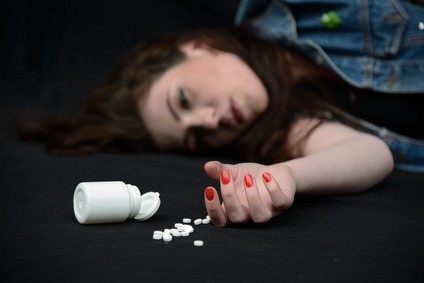First Aid Poisoning

Nearly 90% of childhood poisonings happen in the home and most can be treated at home with advice from the poison control center. However, it's important to know when a poisoning is serious enough to need medical treatment.
Signs and Symptoms
If you suspect that your child has taken a poison and he or she is alert, contact your local poison control center right away for advice (1-800-222-1222).
Seek Emergency Medical Care or Call 911 If:
your child has taken a poison and has a change in mental state. It's important to remember to bring the specific bottle or container of the substance that your child ingested. Do not give a child ipecac.
Think Prevention!
To help prevent poisoning:
Signs and Symptoms
- drowsiness
- sudden change in behavior
- unusual odor
- pill fragments on the lips or clothes
- excessive drooling
- vomiting
- a confused mental state
- listlessness
If you suspect that your child has taken a poison and he or she is alert, contact your local poison control center right away for advice (1-800-222-1222).
Seek Emergency Medical Care or Call 911 If:
your child has taken a poison and has a change in mental state. It's important to remember to bring the specific bottle or container of the substance that your child ingested. Do not give a child ipecac.
Think Prevention!
To help prevent poisoning:
- Keep medicines in locked cabinets.
- Keep cleaning products and alcohol in locked cabinets or far out of reach.
- Discard (or recycle) used button cell batteries (like those in watches) safely and store unused ones far from children's reach.
- Never tell a child that medicine tastes like candy.
- Never put cleaning products in containers that were once used for food or drink.
- Never put rodent poison on the floor.
- 3z5c4c3a582b62f72e805bc63045f93ac5.jpg